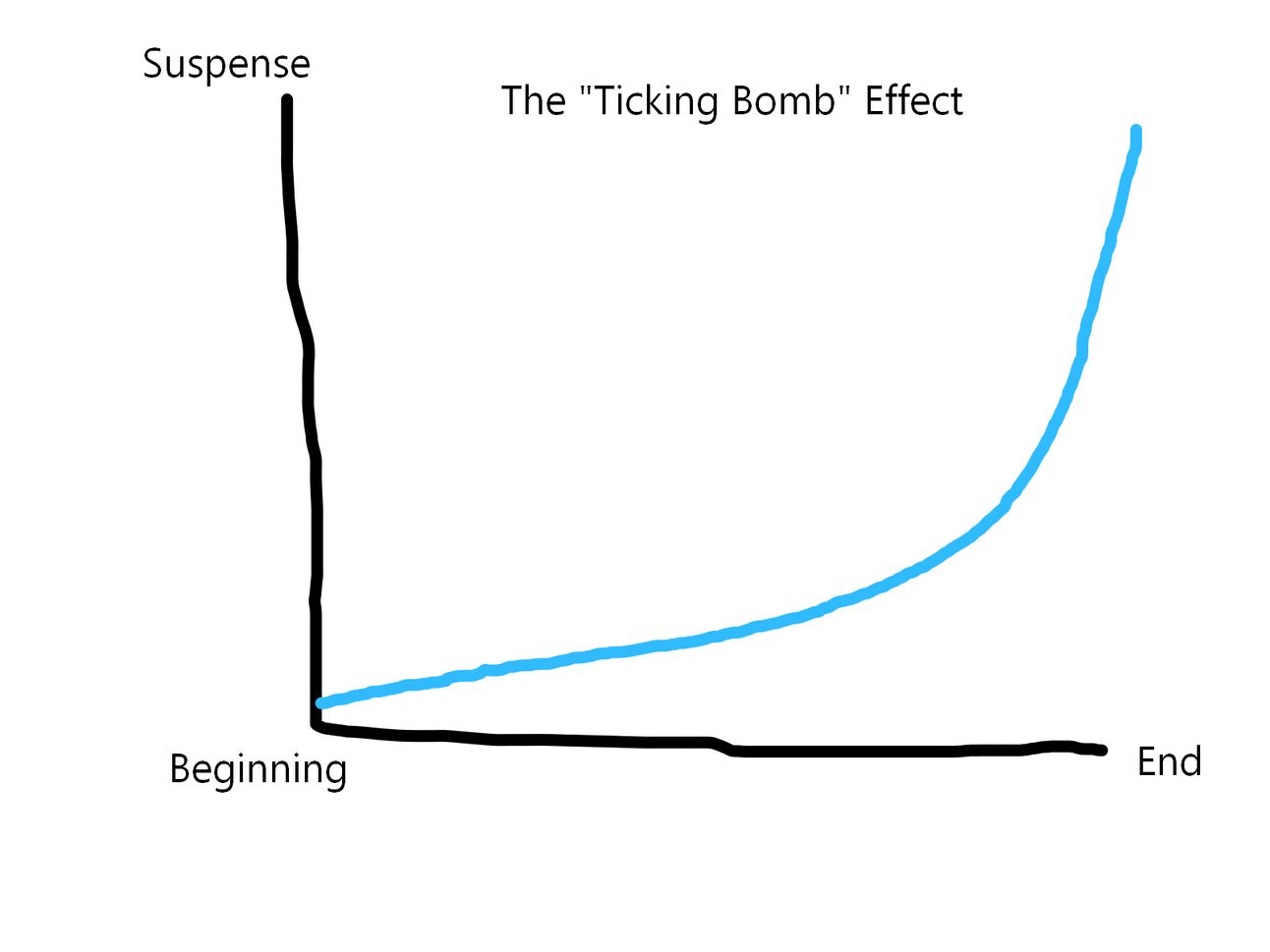- World Builders
- Posts
- The 3 C's: Contract, Clock, Crucible
The 3 C's: Contract, Clock, Crucible
The most controversial man in literature gives away his story foundations
Hey — it’s Nathan.
I turn into a quivering ball of terror when a plane hits turbulence. A rollercoaster 35k feet in the sky? No, thank you.
So last week it gets a little bumpy, I flip on Masterclass (flying Delta) to distract myself, and come across a series on writing thrillers by the wonderfully controversial Dan Brown.
It’s great. Both simple and applicable. Especially his idea of the “3 C’s.”
PS: Hope you had a great holiday weekend. I’ll be back to the Saturday AM schedule with future letters.

Sponsored
David Perell taught me more about writing for the internet than anyone else in the world.
I’d happily pay him a lot of money for that but, on Sept 12th, he’s running a free workshop. I signed up the second he shared it with me. If you’ve ever thought about writing online or growing an audience, you’ll love it:
Unique Expression
Personal Monopolies
Embracing the Cringe

The Pope once said Dan Brown’s writing is full of “shameful and unfounded errors.“ Of course, that’s not untrue and it’s also not an accident. Dan’s one of the most controversial authors in the world. He’s written:
Origin
The Da Vinci Code
Angels and Demons
Nothing sells a book like a bit of controversy. But what got me really interested in Brown is his pacing. Like him or not, his books clip along at a pace that forces you to keep reading.
In the Masterclass, he credits a lot of his success to his 3 C’s:
Contract
Clock
Crucible
Each story, he says, gets built on that foundation. Let’s dig in.
Contract
Your hook makes a promise. The flaw in your protagonist makes a promise. That question you just asked makes a promise.
Then, to earn readers’ trust, you have to keep those promises.
Your job as a writer is to give your readers what they want, in a way they don’t see coming.
Think of it as compound interest: each fulfilled promise doubles down on the reader's trust.
Bonus: Rate of Revelation.
The faster you reveal and fulfill your promises, the quicker your story feels like it’s moving.
Clock
Decide which one is the more intriguing basis for a story:
The queen is gone. Nobody knows what happened. But a servant finds a letter saying she’s been abducted. The culprits are demanding a massive ransom.
OR
The queen is gone. Nobody knows what happened. But a servant finds a letter saying she’s been abducted. The culprits are demanding a massive ransom but, if it’s not paid in 3 days, they’ll kill the queen.
They’re the same story. Except in the second, a silent clock ticks in the background. Each little argument, each minute wasted, marks another inch toward that 3-day mark.
The clock is an exponential tension amplifier. For more, read about Hitchcock’s “Bomb Under the Table” theory.

Crucible
Don’t let your characters run away.
What’s the big obstacle they need to face? That’s your Crucible. Dan Brown describes the concept in terms of Jaws:
“If you look at the end of Jaws, you’ve got these people sinking on a boat and a shark’s coming toward them. The ocean’s their crucible: they can’t go anywhere, they have to deal with the problem.”
The Crucible is the reason you’re telling the story in the first place. It’s not just a scene. It’s the pulse of your narrative. It’s the moment of reckoning that consumes all subplots, relationships, and arcs.
Think of it as your story's gravitational pull — characters are tethered to it until they transform into who they're meant to be.
Have an awesome weekend,
Nathan
PS: Though Masterclass is a paid subscription, I found this free video with Dan where he gets into similar topics.
Nathan’s Notes
5 things I found interesting this week:
Infinite Games. On games you want to win vs games you want to continue playing.
6 worldbuilding mistakes new writers make. A solid list with good tips to avoid the mistakes.
A promising AI tool for helping to write books. I know, I know. Controversial. But the tool’s cool. It’s about what you do with it.
Zero-click content. Amanda Natividad’s counterintuitive look at what content performs.
The Epic Struggle Between Good and Neutral. A short excerpt: Eventually, a consensus narrative emerges and a course of action develops. The narrative has done its job: helped you decide how to feel, allowing action to cohere and precipitate.
A Sentence I Wish I Wrote
My favorite opening line to any book I’ve ever read. If you’re the 21st reply with the correct book (hint: from a series), I’ll send you a copy of Save The Cat.
“There was a boy called Eustace Clarence Scrubb, and he almost deserved it.”
Want to go deeper on storytelling?
1. If you want a practical way to improve your storywriting in less than 25 minutes daily, check out StoryWork (300+ students).
2. To get ahead of the AI curve, check out 90-Minute Novel. It’s a 90-minute mini-course digging into writing fiction with AI. Prompts, processes, and more. We had 180+ students in the live session and it was awesome.
3. If you’re interested in starting or taking your newsletter to the next level, check out The Newsletter Playbook. 100 students and a 9.1 rating.
Thanks for reading! Reply any time.
